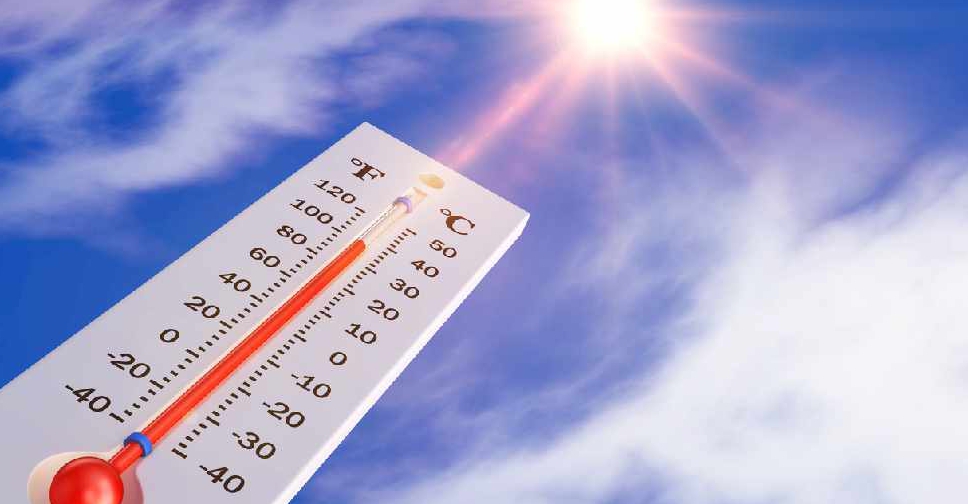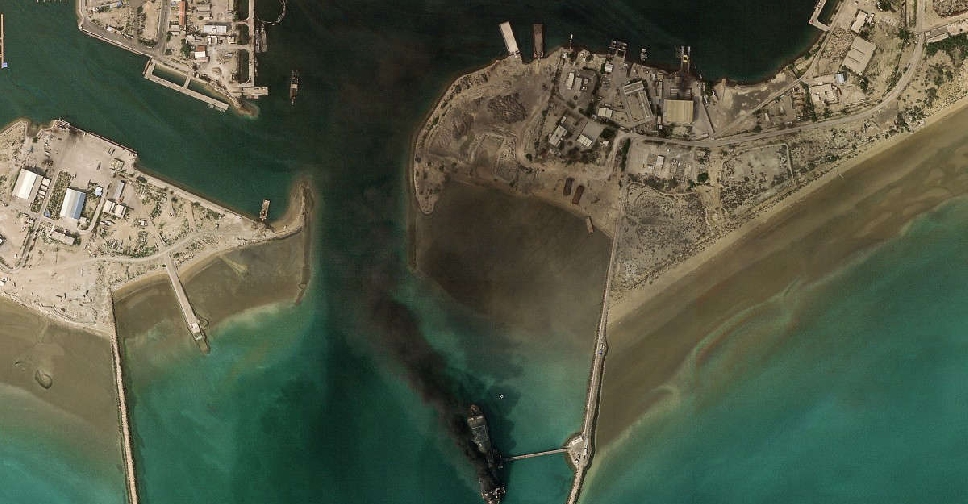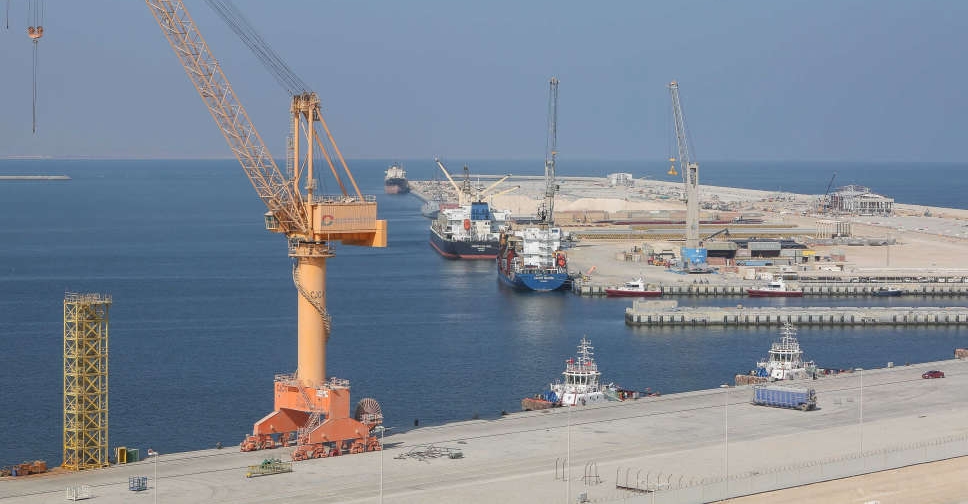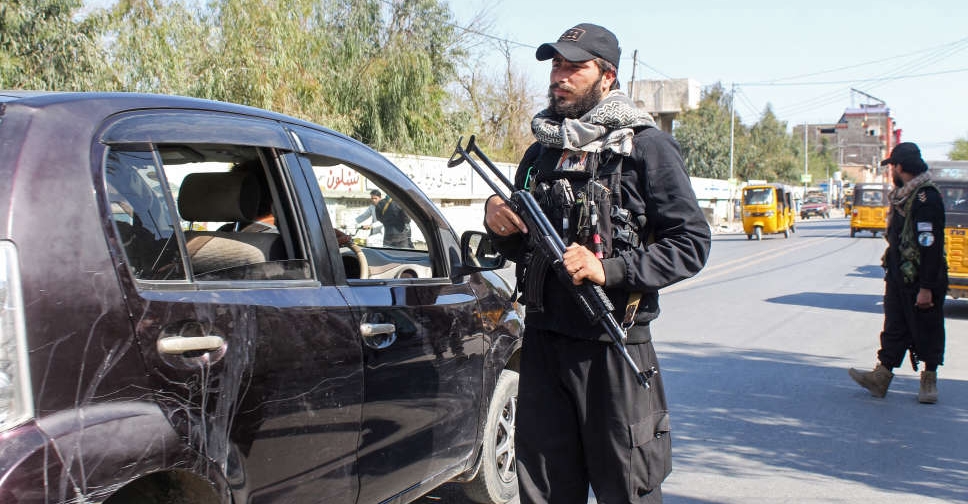
Parts of Australia, including Sydney, sweltered through the hottest November night on record with temperatures likely to stay high on Sunday, prompting authorities to issue a total fire ban.
Sydney CBD surpassed 40 degrees Celsius on Saturday while swathes of western New South Wales, South Australia and northern Victoria baked through even higher temperatures nearing 45 degrees.
Temperatures are expected to cross 40 degrees for a second straight day on Sunday while the Bureau of Meteorology has predicted a five or six-day heatwave for parts of northern New South Wales and southeast Queensland.
The predictions for soaring temperatures prompted the Australian Energy Market Operator (AEMO) to say demand may exceed supply in New South Wales on Sunday afternoon.
Australia has been experiencing hotter and longer summers with last season dubbed "Black Summer" by Prime Minister Scott Morrison due to unusually prolonged and intense bushfires that burned nearly 30 million acres, killed 33 people and an estimated 1 billion animals.
The Rural Fire Service issued a total fire ban for most of eastern and northeastern NSW for Sunday, saying there was a "very high to severe fire danger forecast" as hot, gusty winds exacerbate dry conditions.




 Jordanian airspace reopens after 'comprehensive review'
Jordanian airspace reopens after 'comprehensive review'
 Iran vows to attack any ship trying to pass through Strait of Hormuz
Iran vows to attack any ship trying to pass through Strait of Hormuz
 Drones target fuel tanks at Oman’s Duqm Port
Drones target fuel tanks at Oman’s Duqm Port
 At least 42 civilians killed in Afghanistan in conflict with Pakistan, UN agency says
At least 42 civilians killed in Afghanistan in conflict with Pakistan, UN agency says
 Qatar announces interception of 2 jets, 101 missiles since Iranian attack
Qatar announces interception of 2 jets, 101 missiles since Iranian attack




